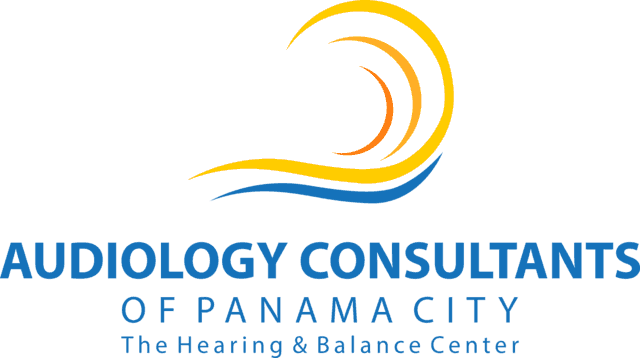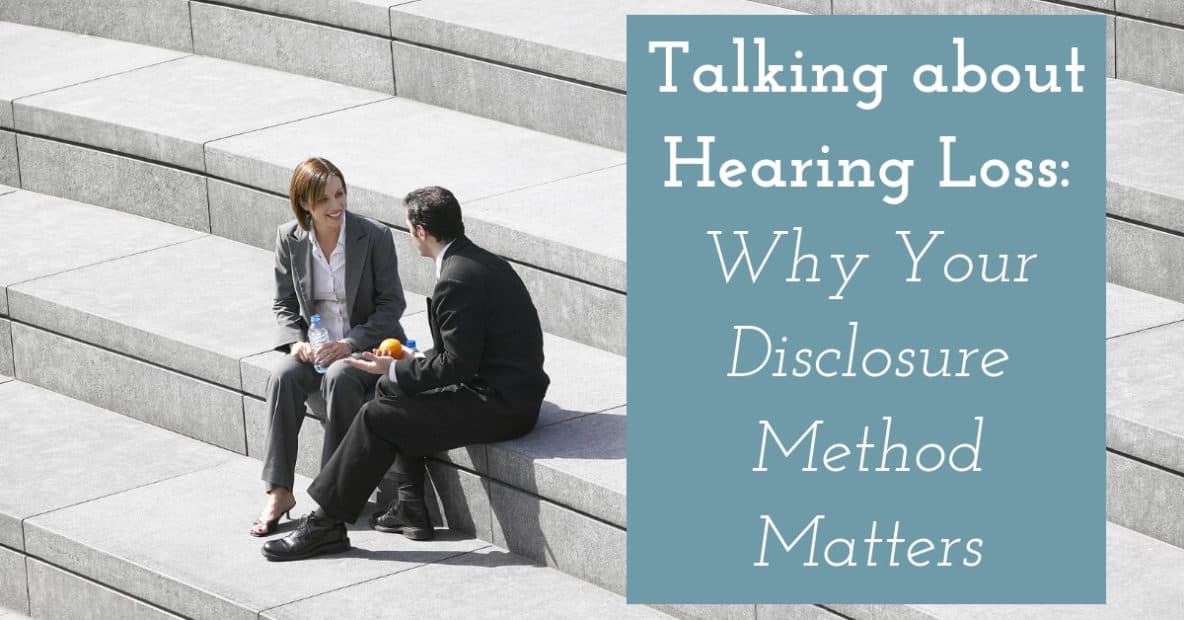- Using Hearing Aid Accessories for Enhanced Listening - May 6, 2025
- Practical Tips for Managing Daily Challenges With Tinnitus - April 8, 2025
- Signs Your Hearing Aid Battery Needs to Be Replaced - March 13, 2025
If you suffer from hearing loss, you may know that addressing the condition is only the first step. Letting your loved ones know that you suffer from hearing loss can become even more daunting of a challenge. Admitting you have a hearing loss shouldn’t be embarrassing, but for many it is. There are still stigmas around the condition that makes it challenging to speak up about this important issue.
Hearing loss can significantly impact how you communicate, express feelings, and deal with difficult situations. Being open and honest with your significant other or loved one is key to keeping the peace in your relationship. If your loved one also suffers from a hearing loss, it may be easier to explain your own loss and you may even bond over your shared difficulties. If your loved one has normal hearing, it is best to disclose this to them as soon as possible.
Disclosure Methods
In 2015, Massachusetts Eye and Ear researchers surveyed 337 patients with hearing loss to better understand the language they used with partners and loved ones to disclose their auditory disability. The researchers found that the way one chooses to reveal their hearing loss may have a significant impact on how others experience the disclosure of the hearing loss. Researchers created a survey designed to gather actual phrases that patients have used to inform others that they have a hearing disability. Author Jessica S. West, M.P.H., a sociologist at Duke University, analyzed the respondents’ answers and codified the responses into three major categories, formalizing these strategies for verbally addressing hearing loss for the first time:
Non-disclosure
Non-disclosure is used to describe those who do not disclose their hearing loss and/or mask their disability using phrases that normal hearing people may use. For example: “I can’t hear you. Please speak up.” This method keeps the disability a secret from others, while also delaying an individual from getting their hearing healthcare needs met.
Basic Disclosure
Basic disclosure is used to describe those who disclose that they suffer from hearing loss as well as share specific details about their condition. For example, a person may say “I’m partially deaf due to an ear infection I had years ago,” or “I’ve had a blockage in my ear ever since I went swimming a while ago.”
Multipurpose Disclosure
Multipurpose disclosure is used to describe those who disclose hearing loss and also suggest a strategy for accommodation. For example, an individual may say, “I don’t hear as well out of my right ear. Please walk on my left side.” Or, they may say, “I am having trouble hearing in this noisy room. Please turn down the radio so I can hear you.” This method reveals the presence of hearing loss, while also suggesting methods for the other person in the relationship to communicate with more ease.
Education on Disclosure Strategies is Recommended
The researchers recommend educating people with hearing loss about the three different disclosure strategies. “Choosing the multipurpose disclosure strategy may help individuals gain the confidence they need to disclose their hearing loss and improve communication with others,” stated senior author Konstantina Stankovic, M.D., Ph.D., FACS, an otologic surgeon and researcher at Massachusetts Eye and Ear and an associate professor of otolaryngology at Harvard Medical School.
“We think it can be empowering for patients to know that these strategies, and especially that the multipurpose disclosure strategy, is available to them,” Dr. Stankovic explained.
These findings have motivated the researchers to begin developing a resource guide to help health care providers better prepare patients for social situations to avoid the isolation that is all too prevalent for people with hearing loss and other communication disabilities.
Visit us at Audiology Consultants
Hearing loss is an invisible condition, and as such, it is important to have clear communication with your loved ones about your needs. If you have experienced changes in your hearing, the first step is to schedule a hearing test and get fitted for hearing aids. Getting the treatment you need for a hearing loss is also an essential part of healthy communication. Here at Audiology Consultants, we are here to support you wherever you are in your journey to better hearing health. Contact us today to schedule your consultation.


